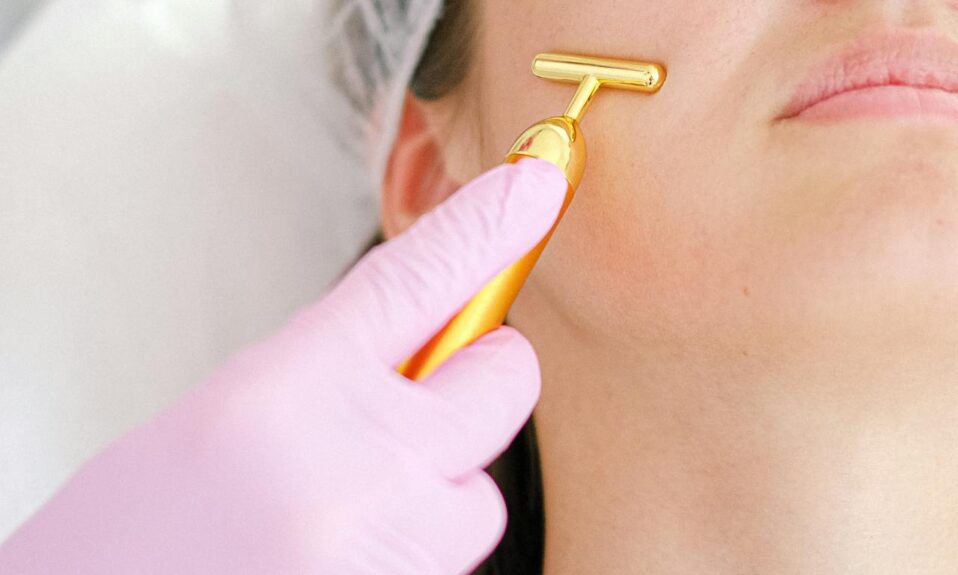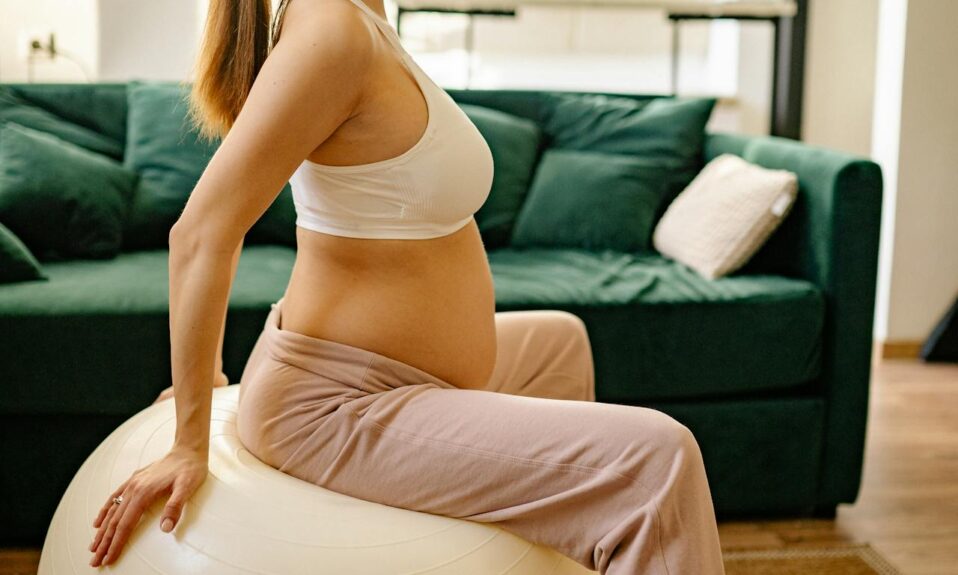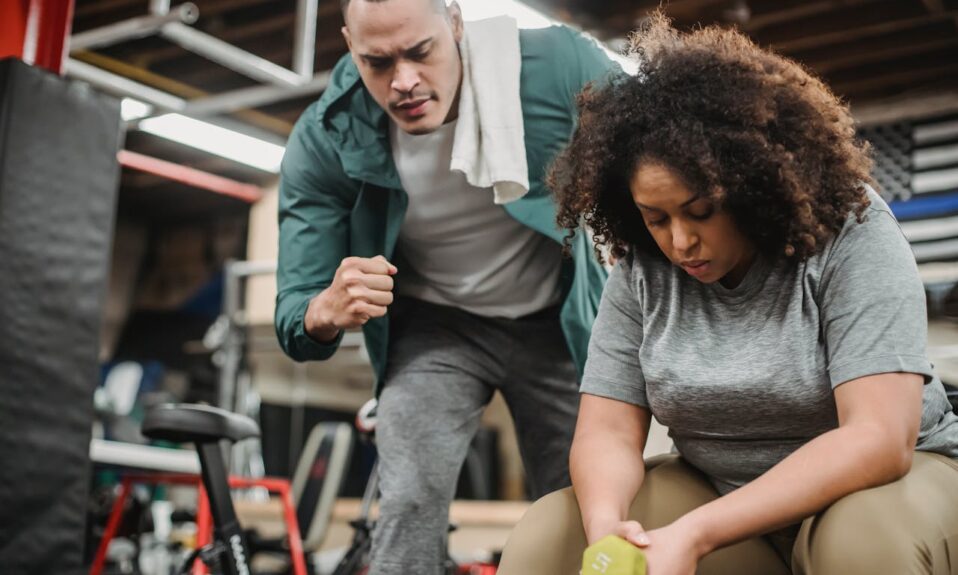Side Effects of Gym Workout: Exercise is very important to keep the body healthy and in good shape. Physical activity can cause discomfort and distress to the body in the early stages of exercise. It can also cause unexpected side effects. Many people experience these problems, especially in the early days of going to a fitness center and exercising.
“EXERCISE WILL HELP YOU LIVE LONGER But think about Side Effects .”
So, if you too are looking to go to the gym and exercise, this article will help you learn about some of the side effects that people may experience after exercising in a gym and some recommendations you can follow to get rid of them.
1. Muscle Spasms
Drink plenty of water while exercising. Drinking cold water is also advisable. Or, drink an energy drink that provides micronutrients to the body during strenuous exercise. Engage in stretching exercises after exercise.
2. Scratches and Nasal Congestion
Physical activity causes the sinuses or sinuses to dilate and constrict. Some allergies may even occur. When exercising, work from an air-conditioned position. When exercising while walking outside, do not stay on the side of the road but exercise in a place that is free and fresh air.
3. Itching
Physical activity causes the heart to pump more blood, which dilates and dilates blood vessels and capillaries. Where the nerve endings become active. We feel the activation of the nerve endings that send signals to the brain as an itchy nature. Make it a daily habit to go to the gym. Your brain develops acclimated to it over time and eventually quits reacting to it. The more frequent and infrequent the interval between exercises, the itchier the skin may feel. Seek medical attention immediately if you develop any symptoms of rash.
4. Frequent urge to Defecate
The movements and steps of the feet follow the activity of the gastrointestinal tract and begin to become active. This is a common condition among racing athletes. This is a diarrhea called runner’s diarrhea. Eat 2 hours before exercise. Avoid high fat and high fiber foods. Perform warm-up exercises (warm-up exercises) before running exercises.
5. Excessive Cooling of the Abdomen
When you exercise, there is more blood in the muscles than in any other organ. The heat generated in the muscles is expelled through the skin. So you may sometimes feel very cold when you touch your stomach. This is a normal physiological reaction. This tendency disappears once your exercise training is over.
6. Management Nausea
As the blood flows out of the stomach and the internal organs are shaking, you may start to feel an uncomfortable and unpleasant feeling in the stomach. Do not eat high fiber foods on exercise days. Pay more attention to what foods cause discomfort. Do not eat before going to the gym and eat at least 2 hours before. When you feel nauseous, drink a glass of cold water or a strong drink. It is also advisable to drink soda. Provide a sweetener or chewing gum to increase blood sugar levels.
7. Dizziness
This condition can be caused by a sudden increase in blood flow to the feet, overheating of the body or cessation of exercise. Perform warm-up exercises and stretching exercises after training. Sit for a while during the workout and take short breaks. To prevent dizziness or other dangers, sit or lie down when the body feels uncomfortable with good blood flow to the heart and head.
8. Occurrence of Tingling in the Toes
Swelling of the feet can be caused by heat released from the muscles, tightness of the shoes and inflammation of the nerves. Allow the blood to flow well by moving the toes frequently. Wear the right size pair of sports shoes.
9. Injuries and Scarring
This can be due to weakening of blood vessels, unbalanced and irregular eating patterns and accidents. Be extra careful when exercising. Do not engage in high-intensity exercise for long periods of time. Increase the intake of foods rich in vitamin C. Be aware of activities that you should not do as directed by your doctor.
10. Pain and Soreness inside of the Body
Short-term abdominal pain is a common condition in runners who do not do warm-up exercises. Although the blood flow is more intense and the blood flows from the internal organs to the muscles, it is uneven. The liver and spleen fill with blood and push against the walls of those organs. There you will start to feel pain and soreness in the side of the abdomen. When that happens, stop or slow down. Tighten the painful area while breathing while running and allow it to relax while exhaling. This makes it easier for the blood to flow faster. Pay attention to how your breathing happens while running.
11. Darkening of the Urine
Urinary incontinence can be caused by dehydration or rhabdomyolysis, the destruction of muscle cells during exercise. Drink plenty of water regularly during exercise. If this symptom persists, see a doctor.
12. Pain in the Muscles
After 24-72 hours, you may begin to feel intense pain in your whole body after starting to exercise more intensely than normal exercise or after starting to exercise all at once. This is Delayed Onset Muscle Soreness (DOMS). This is due to the metabolic products in the muscles and minor injuries to the muscles. There is severe pain and soreness in only the affected area or the whole body. Excessive muscle strain can cause some people to experience conditions such as tremors and even severe fatigue, making it difficult to get up. Even if you feel pain, try to move further. Drink plenty of water to get rid of toxins in the body quickly. Also provide massage care for the body.





